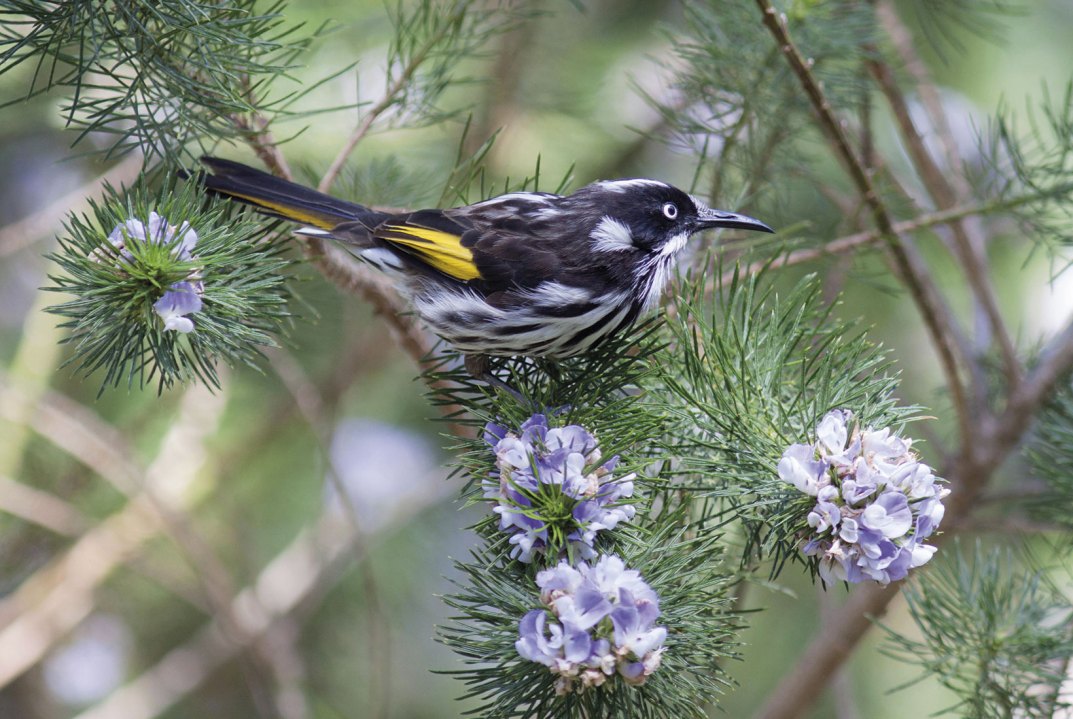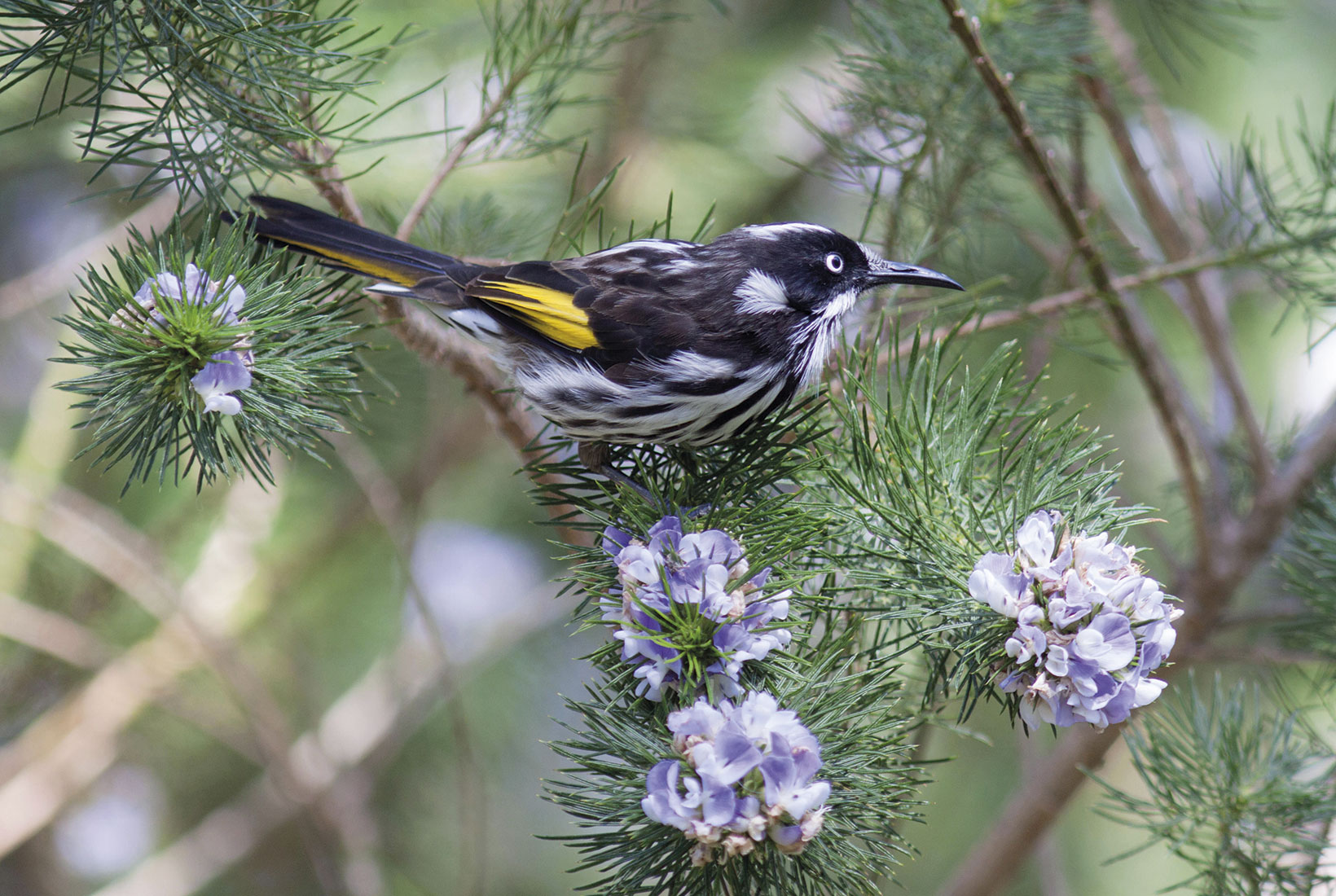The crisis inflicted by Covid-19 has been a source of anguish for everyone; yet we frequently hear how people are rediscovering solace in nature, especially in their gardens or in the surging renewal of life in the spring. According to Tim Burt and Des Thompson, the editors of a collection of essays about the importance of field research, this fulfilment reveals something much more profound than a distraction from lockdown.They argue that a response to the natural world is hardwired in the human psyche. Out of that fundamental reflex has evolved not just our prowess as hunters, then agriculturalists, but the entire edifice of science, whose assembled vision of the physical universe was described by C.P. Snow as ‘the most beautiful and wonderful collective work of the mind of man’.
Curious About Nature provides a glorious overview of how those scientific accomplishments were achieved. Here, in précis, is the whole history of fieldwork, from pioneering ancients such as Aristotle, Pliny and Ptolemy, via champions of the Enlightenment — Carl Linnaeus and Alexander von Humboldt — to such giants of modern environmentalism as Rachel Carson and Jane Goodall.
The central point is that the story of field science is as unending and ever-expanding as a vast, accreting coral reef. The editors have taken the broadest possible approach to the definition of research. Here are deep-sea expeditions to the mid-Atlantic Ridge, with expensive, hi-tech equipment to trawl 3km down and return with a staggering 61,000 fish specimens. But here also is the unknown artist who, 40,000 years ago, produced a magnificent series of cave paintings in Kimberley, Australia — images significant not only for supplying scientifically accurate data on a long-extinct species of marsupial lion, Thylacoleo carnifex, but also for offering insight into who consigned the poor creature to its fate. The wider point is that fieldwork is open to us all, including amateurs, whose ranks, incidentally, numbered both Humboldt and Charles Darwin.
For Alison Averis, the search for a tiny liverwort becomes ‘a metaphor for life’
Nor need the efforts be glamorous. Darwin did much of his groundbreaking research on earthworms in his garden. A later version of this is the mainly amateur Krefeld Entomological Society in Germany, whose collecting and census work since 1905 has led to one of the world’s major data sets on insect decline as a result of the widespread use of agrochemicals.
There is also the extraordinary work of Alastair Fitter and his father Richard. For nearly 50 years Fitter senior recorded the flowering dates of plants around his Oxford home. By the 1990s this simple project yielded cast-iron proof of climate chaos, showing that the average first-flowering date of hundreds of British plants had advanced 4.5 days over the half century.
Often the essays border on the spiritual. The botanist Alison Averis tells of her discovery of Britain’s first-ever record of an unknown lower plant called Lindenberg’s featherwort. Her study yielded this scintilla of new data for the collective hoard but to Averis the search left her in a ‘state of grace’ and her expedition to find her tiny liverwort was ‘a metaphor for life’. One gets the message that field research contains its own rewards, regardless of the facts unearthed.
The American author Jennifer Ackerman is not a field researcher, but with her eye for a great story she converts the scientific findings of others into popular books. The Bird Way builds on her previous volume The Genius of Birds (2016), already considered a classic. The new book, while offering a global survey of the latest research into the lives of birds, focuses on Australasia, and confronts the prejudice of so much Euro-American ornithology — that the northern hemisphere is somehow the model of avian ‘normality’.
As a corrective, Ackerman asserts that the birds of Australia occupy more niches than birds found anywhere else: they live longer, are more intelligent and exhibit a richer repertoire of behaviours. She further argues that bird song probably originated on that continent, as did parrots and pigeons, the planet’s two largest and arguably most successful avian families.
The real joy of her book is its close attention to some of the specialists of the region, including a large group of nectar-loving birds, the honeyeaters. Ackerman is especially interested in new work on the vocal complexity (with female birdsong being another of her ‘causes’) operating in the New Holland honeyeater, proved to have 96 components to its vocalisations, each one encoding highly specific information. Not only do these calls function between individuals of the same species but carry meaning for the honeyeaters’ entire avian community. In short, bird sounds begin to resemble a language.
Ackerman is also alive to the humour at play in field research. One of her honey-eater informants, working in an urban park, is equipped with a microphone attached to her shoulder, binoculars round her neck, an amplifying playback device at her waistband and a video camera duct-taped to her hat. She can stand so still watching the birds interact that children poke her, assuming she’s some weird park installation.
Another devoted field researcher is the American academic Bernd Heinrich, now in his eighties, whose many publications document his discoveries over decades of rigorous observation. His latest book, White Feathers, is an account of a six-year inquiry into the tree swallows he nominates as among the most beautiful of all birds — ‘glistening like polished blue-green jewels in the sunlight’.
These swallows smother their tree-hole nests with long white plumes that can completely envelop the sitting female and her brood. Unfortunately, Heinrich doesn’t convincingly explain this behaviour, but there is something compelling about his indefatigable pursuit of them. One passage opens engagingly: ‘I vaulted out of bed at 4.58 a.m.’ — not bad for an octogenarian. Another reveals that ‘the black fly were killing me. It was an agony to try to keep track of the swallows’. From all this emerges his key insight into field research: ‘To be successful as a naturalist requires the mindset of a beggar, eager and thankful for every crumb of information.’
We should give thanks to Heinrich and his kind for their lives of beggary. From their meagre rations they assemble a wondrous banquet for us all.







Comments